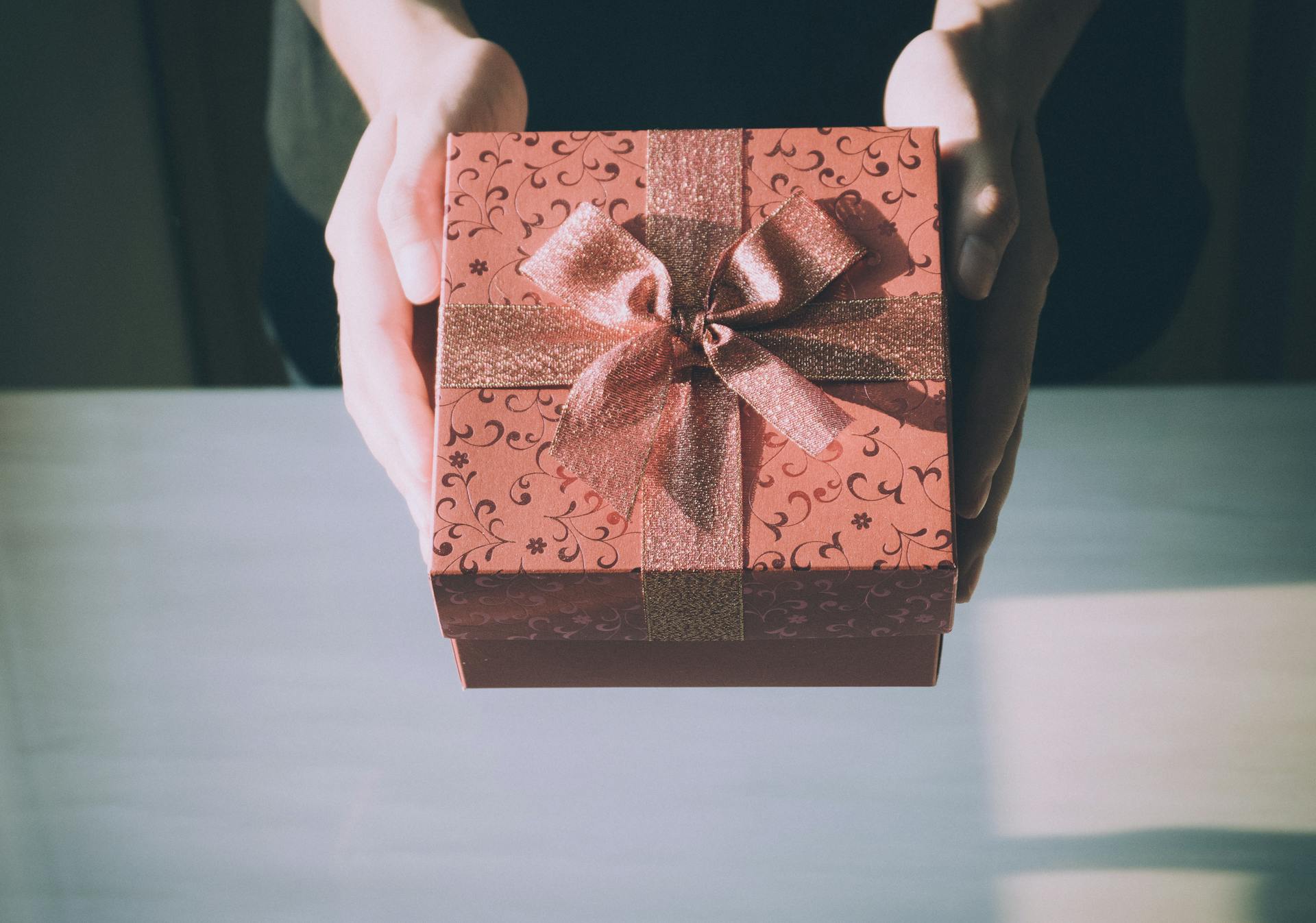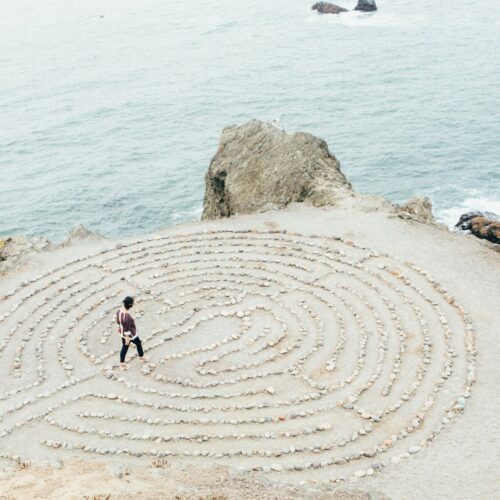As I sit in the warmth of my home, the glow of holiday lights filling the city, I can’t help but feel a weight pressing on my heart. The festive decorations are beautiful, but their brightness feels almost too stark against the dark realities faced by so many around the world.
A juxtaposition that causes unease when I pause for long enough.
In my adult life, the holiday season has stirred mixed emotions. For years, I’ve struggled with the emphasis on materialism—this relentless pursuit of more stuff. Stuff that brings fleeting joy but often ends up forgotten, unused, or tossed into landfills. It’s a cycle of consumption that feels disconnected from the true spirit of the season.
As I reflect on this, my thoughts turn to the realities outside my cozy bubble.
In Gaza, families live in terror as they endure what many are calling a genocide. Over 45,000 lives have been lost, countless more are trapped without food or medical supplies. This fight isn’t soldiers against soldiers, it’s civilians and it’s children that are dying. And yet, the U.S. has provided $17.9 billion in military aid to Israel since October 2023—funds enabling an assault that has left entire communities in ruins.
In Ukraine, a relentless war rages on, while neighboring countries prepare for the possibility of conflict spreading. Sweden has issued its citizens pamphlets on how to prepare for war. Russia’s aggression echoes across borders, and peace feels further away than ever.
And in Sudan, millions face famine. It’s a bitter irony that the world produces more than enough food, yet systemic inefficiencies and indifference mean entire nations are starving. With climate change making food production more unstable, this pattern of haves and have-nots will only worsen, rippling out to countries that have historically been sheltered from this type of food insecurity.
These crises are overwhelming. It can feel easier to turn away from them than to be consumed by their suffering. When the impulse to turn away bubbles up, I’m reminded of the wisdom in the poem “First They Came” and our collective responsibility to one another.
Today, in meditation, I was also reminded of the power of our collective action. The power waiting to be tapped into from a slight shift in perspective. My unease around the materialism and waste of the holiday season surfaced and transformed into hope. I thought about what we collectively spend—Americans are projected to spend $699.4 billion on holiday gifts this year. That’s nearly forty times the aid sent to Israel in recent months.
And according to the NY Post, at least $10.1 billion will be unwanted holiday gifts.
Imagine if even a fraction of this spending went toward humanitarian efforts, looking after our fellow humans who are suffering.
Imagine if, instead of holiday cards, families sent letters to leaders expressing a collective desire for “Peace on Earth”. Not just a phrase in a holiday song on repeat, but a shared mission in our lives.
Imagine if our wish lists included humanitarian aid for real change—whether globally or within their own communities—ensuring children in Gaza had medical supplies, or families in Sudan had food? What if the light of this season extended beyond our living rooms and illuminated paths toward compassion and action?
The holiday spirit is about giving, but we’ve confined it to boxes wrapped in ribbons. What if we expanded that spirit to embrace the idea of collective care? To support those who need it most, whether they’re across the world or across the street?
The truth is, the shift doesn’t have to be monumental. It starts small: choosing to give intentionally, prioritizing acts of kindness over material excess, and imagining how our time, money, and energy could be redirected to include creating a brighter world that sparkles year-round.




